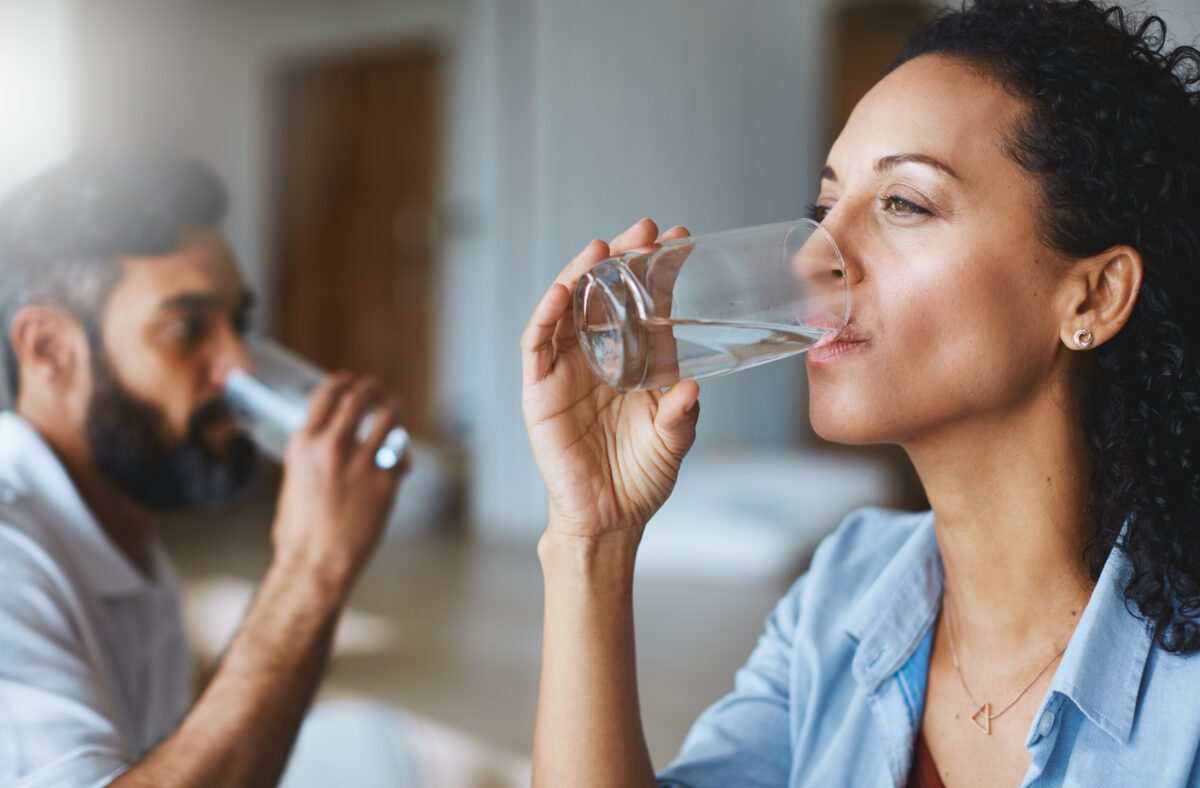
Look After Your Hearing Health
Many people recognise the importance of drinking plenty of fluids and the benefits of this on your overall health. However, actions speak louder than words, and many people would agree that they probably don’t drink as much water as they know they should!
Ensuring you keep hydrated is especially important for your hearing health.
Effects of Dehydration on Your Ears
Our bodies mostly consist of water, and it needs regular fluid intake to function properly. Dehydration happens when we lose more fluid from sweat or loss of other bodily fluids than are ingested.
The inner ear can be particularly affected by dehydration because it is an organ that is filled with fluid. And it is this fluid that aids our body’s equilibrium and ability to hear.
Dehydration can cause many hearing related symptoms, including:
- Ringing in the ears or tinnitus
- Loss of balance
- Dizziness
- Feeling of fullness in the ears
- Loud noises or ‘rushing’ in the ears
All of these effects can be potentially dangerous, and so it is vital to ensure you drink adequate fluid. The NHS recommends we drink 6-8 glasses of fluid a day, and more depending on the levels of activity or exercise (Water, drinks and your health – NHS (www.nhs.uk).
If you are not dehydrated and experiencing any of the symptoms above, please contact your GP to discuss.
Worried about your hearing?
Try a FREE online hearing test with Hearing Wales today.
Call us: 0800 313 4304 to book an appointment with one of our expert Audiologists.
Email us: office@hearingwales.com
Visit Us: We have 4 local clinics in
Mumbles | Swansea | Cardiff | Narberth
The inner ear can be particularly affected by dehydration because it is an organ that is filled with fluid. And it is this fluid that aids our body’s equilibrium and ability to hear.
Dehydration can cause many hearing related symptoms, including:
All of these effects can be potentially dangerous, and so it is vital to ensure you drink adequate fluid. The NHS recommends we drink 6-8 glasses of fluid a day, and more depending on the levels of activity or exercise (Water, drinks and your health – NHS (www.nhs.uk).
If you are not dehydrated and experiencing any of the symptoms above, please contact your GP to discuss.

